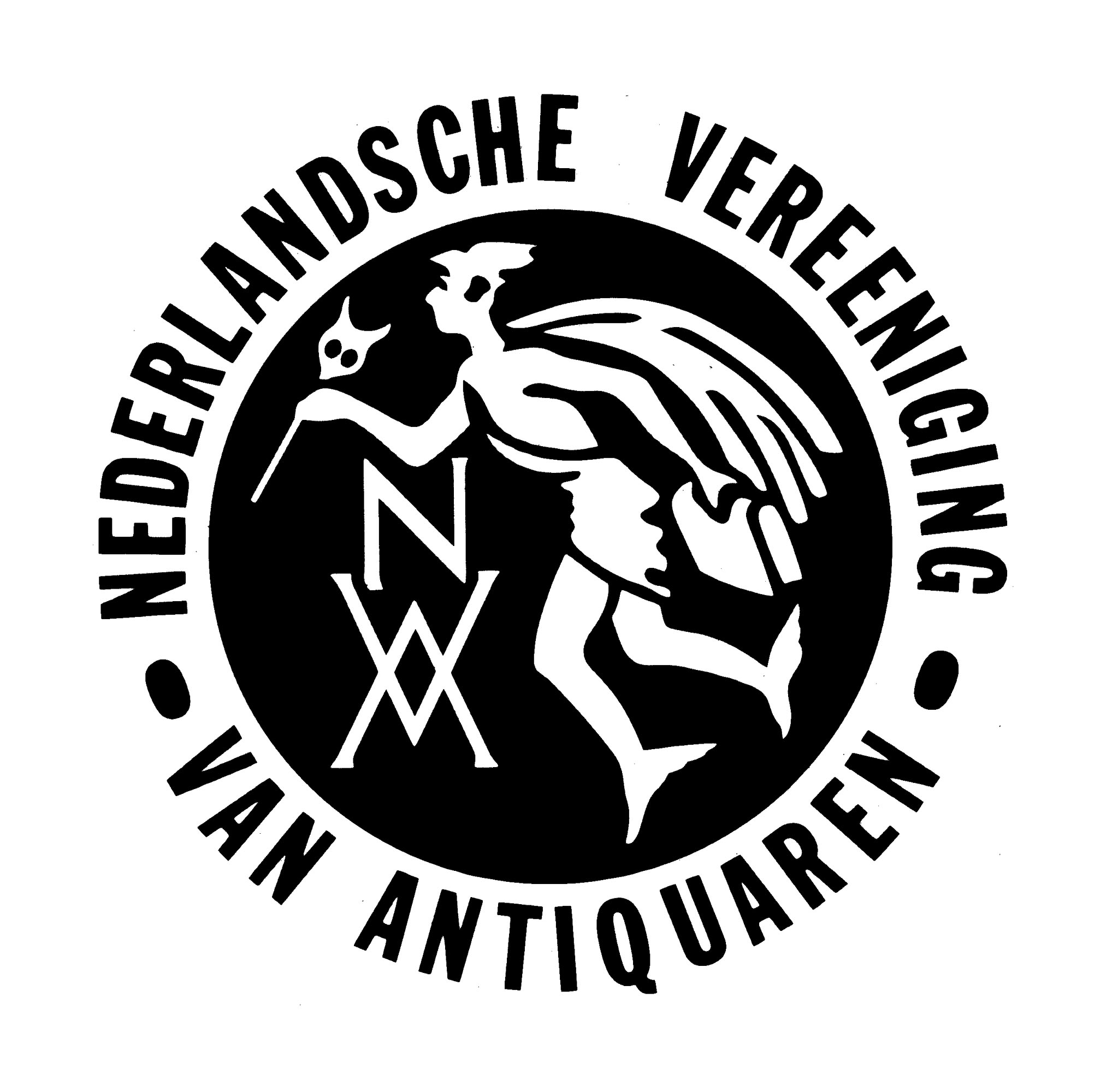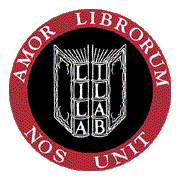Categorieën
Disputatio historico-juridica inauguralis ad locum Hugonis Grotii Introduct. ad jurisprud. Holl. lib. I, par. 6.
Door: Lyon, Barnet.
- ISBN:
- Uitgever: Lugduni Batavorum : H.W. Hazenberg, 1839. Orig. ptinted wrappers. [8],54 pp. 8vo. Latin text. Thesis University Leiden. Conditie: goed
- Taal: ------------------
- Categorie:
- Details: Conditie: goed. RECHT
- Extra informatie: - This Latin dissertation offers a scholarly commentary on a specific passage from Hugo Grotiuss The jurisprudence of Holland (Inleidinge tot de Hollandsche Rechtsgeleerdheid). (Lib. I, §6) : "Laws are either general or particular. The general laws are those common to all nations, which are called the law of nature. The particular laws are those of certain countries or cities and are called civil laws. Yet some of these also apply in many countries, and are then called the law of nations." This section is foundational, as it distinguishes natural law, civil law, and the law of nations (jus gentium), a tripartite distinction Grotius develops throughout the Inleidinge.. Barnet Lyon situates Grotiuss ideas within their historical and legal context, analyzing their relevance to Roman-Dutch law. George Henry Barnet Lyon (also known as Barnet Leon) was born in Paramaribo in 1849, in the Dutch colony of Suriname, to a planter family. Educated at the gymnasium in Zutphen, he earned his law degree at Leiden University, where he was awarded the highest honors before returning to serve in colonial administration He held several high-ranking roles in Surinames colonial government, including member of the Hof van Justitie, acting Attorney-General (1881-1882), and Agent-General for Immigration (1883 onward), Lyon also served as member of the Colonial Council and as head of the Immigration Department during a period of increased labor migration from Hindustan and Java. He was a domineering and punitive figure, sometimes described as sadistic. In 1874, he helped reinstate corporal punishment - up to 30 lashes per offense - for contract workers, applied universally to Hindustani, Creole, and Chinese laborers. He personally oversaw or sanctioned violent suppression of protests. This includes the deadly crackdown on the Hindostani-led rebellion at Zorg en Hoop (Commewijne) in 1884, during which protest leader Janey Tetary was fatally shot on his orders
-
€ 150.00
Verzendkosten: € 5.50
Voorraad: 1


